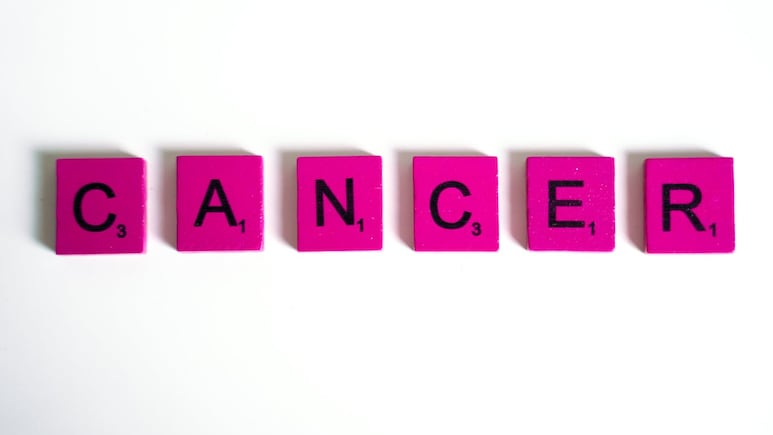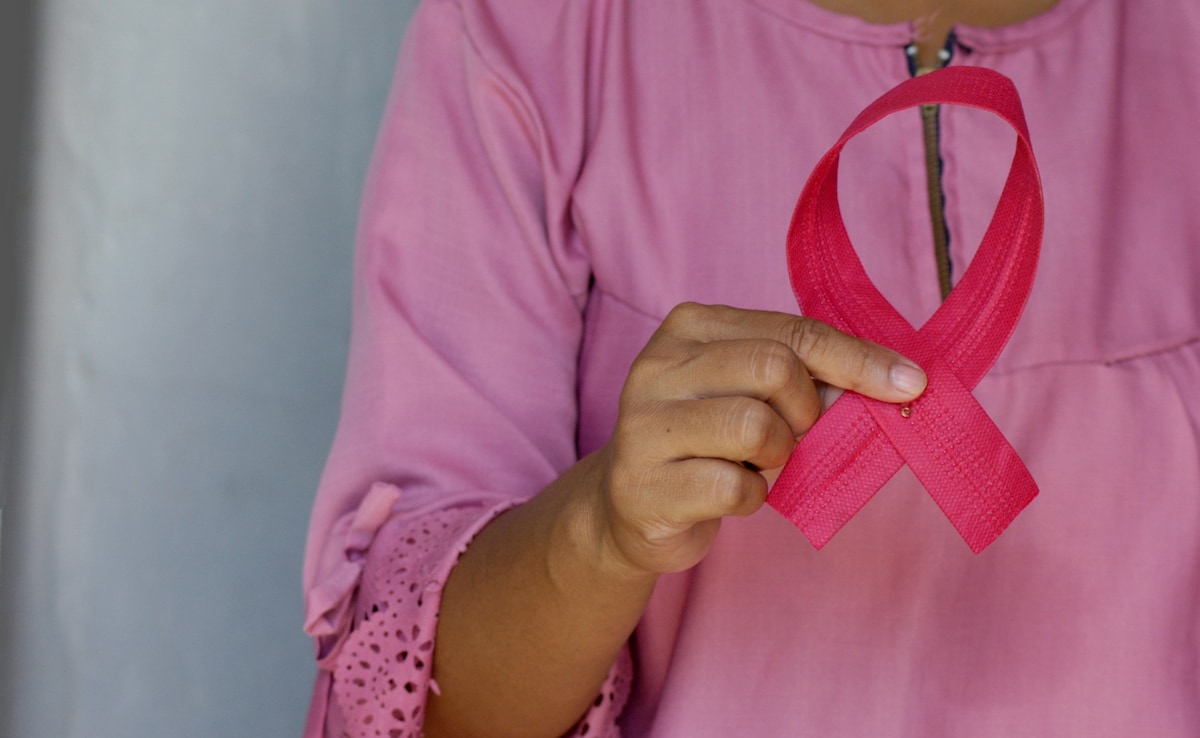
When people ask "is cancer a genetic disease?" they are often thinking about family history: if my parent had cancer, will I? The short answer is complicated but important: cancer is driven by genetic changes in cells, yet most of those changes are acquired, not inherited. Modern genomics has shown that tumours evolve through the accumulation of somatic mutations in genes that control cell growth, DNA repair and immune evasion. At the same time, a small but clinically crucial fraction of cancers result from inherited (germline) mutations in high-risk genes such as BRCA1/2 or TP53, which markedly raise the lifetime risk for specific cancers.
For India, where cancer incidence is rising due to demographic change, urbanisation and environmental risk factors, clarifying the role of genes helps with public health strategy. Knowing that most cancers are preventable through lifestyle interventions (like tobacco control, vaccinations, pollution reduction, healthy diet and screening) reinforces the value of population measures, while targeted genetic testing and counselling can guide precision prevention and treatment in high-risk families. Recent Indian data and global genomics research by the American Cancer Society together shape how clinicians counsel patients and how policymakers prioritise resources.
Cancer As A Disease Of Genes: Somatic Mutations Drive Most Tumours
At the cellular level, cancer is the result of changes in the DNA of cells that allow them to grow uncontrollably and evade normal checks. These changes, called mutations, can be somatic (acquired during a person's life) or germline (inherited from a parent and present in every cell). Studies show that the overwhelming majority of cancers are driven by somatic mutations that accumulate due to ageing, errors in DNA replication, infections, or exposure to carcinogens such as tobacco smoke, ultraviolet radiation, certain chemicals, and air pollution. Tumour genomes typically carry dozens to thousands of somatic mutations, with a smaller number termed "driver mutations" that actively promote cancer. This view, refined by decades of sequencing studies, underlies modern oncology.
Inherited Or Germline Risk: Important, But Limited In Population Terms
A smaller subset of cancers result from inherited pathogenic variants in high-penetrance genes. Classic examples include BRCA1/2 mutations (raising breast and ovarian cancer risk), Lynch syndrome genes (MLH1, MSH2, etc., increasing colorectal and endometrial cancer risk), and RB1 (retinoblastoma). Such mutations significantly raise individual risk and often prompt early surveillance or preventive options. However, hereditary cancers represent only a minority of total cancer cases. Estimates vary by cancer type but typically account for perhaps 5-10% of all cancers, with higher proportions in early-onset cases, as a study in Nature Reviews Clinical Oncology shows. For public health, that means genetic counselling and testing are crucial for selected families, but will not replace population-level prevention.
Genes Meet Environment: The Convergence Shapes Cancer Risk
Modern research emphasises a gene-environment interaction. The exposome, defined as the totality of exposures across life (tobacco, diet, physical inactivity, infections, air pollution, occupational hazards), plays a dominant role in determining who develops cancer. Large population studies show environmental and lifestyle factors explain far more of the variation in common cancers and premature mortality than inherited genetics alone.
This does not diminish genetics. Rather it stresses that altering exposures can dramatically lower cancer burden even when some genetic predisposition exists. For India, where tobacco, indoor and outdoor air pollution, infections (like HPV, hepatitis B) and dietary transitions are key drivers, tackling exposures is the most impactful route to prevention.

Photo Credit: Unsplash
Why The Tumour Genome Matters Clinically
Although most cancers are not inherited, sequencing tumour DNA has transformed care. Tumour genetic profiling identifies driver mutations that guide targeted therapies (for example, EGFR mutations in lung cancer or HER2 amplification in breast cancer). It also informs prognosis and helps select patients for immunotherapy. In addition, detecting certain germline mutations during tumour testing can unmask hereditary risk and trigger family counselling. So, genetic knowledge is still essential for both personalised treatment and familial risk management.
What Recent Indian Research And Data Add To The Picture
India is experiencing a growing cancer burden driven by ageing, urban lifestyles and persistent exposure risks. National and registry data indicate rising incidence and changes in cancer patterns across regions. Indian researchers are expanding genomic studies to understand somatic mutation patterns in local cancers and to evaluate hereditary cancer frequencies.
Health systems (including ICMR and cancer registries) are increasingly focusing on integrated prevention: tobacco control, vaccination (HPV and hepatitis B), early detection programmes and capacity for genetic counselling in tertiary centres. Strengthening these public health levers remains essential because most cancers in India are environmentally and behaviourally driven.
Practical Takeaways For Patients And Families In India
Given that both genetics and environment play a role in the increasing cancer burden in India, here are some practical takeaways from all the recent cancer research:
- If there is a strong family history of early-onset cancers or multiple related cancers, discuss genetic counselling and testing with a specialist is important, even if it is still expensive. Identifying a germline mutation can change surveillance and preventive decisions for your whole family, present and future.
- For the general population, prevention matters most. So, avoid tobacco in all forms, limit alcohol, vaccinate against HPV and hepatitis B, reduce exposure to air pollution where possible, maintain a healthy weight, and participate in recommended screening for cancers with highest incidence (breast, cervical, colorectal as applicable).
- For people with cancer, ask about tumour genetic testing when relevant as it may open treatment options. Ask your oncologist whether germline testing is indicated, particularly with suggestive family histories.
Yes, technically cancer is a genetic disease. And yet, cancer is best understood as a genetic disease of cells, but one in which most mutations are acquired over a lifetime and shaped by environmental exposures. That dual reality is empowering: genomics improves diagnosis and treatment for individuals, while public health measures addressing tobacco, infections, pollution and screening can prevent the majority of cancers at the population level. In India, combining prevention with selective genetic services and expanding genomic research will be the pragmatic path forward.
Disclaimer: This content including advice provides generic information only. It is in no way a substitute for a qualified medical opinion. Always consult a specialist or your own doctor for more information. NDTV does not claim responsibility for this information.
References:
National Cancer Institute - The Genetics of Cancer.
Brown JS, et al. Updating the Definition of Cancer. PMC, 2023.
Yuan S, et al. Beyond genetics: driving cancer with the tumour micro-environment. PMC, 2024.
Ugai T, et al. Is early-onset cancer an emerging global epidemic? PMC, 2022.
World Health Organization - Cancer fact sheet.
Bray F, et al. Global cancer statistics 2022: GLOBOCAN estimates. CA: A Cancer Journal for Clinicians, 2024.
National Cancer Registry Programme / Indian Journal of Medical Research - Cancer incidence estimates for India (2022-2025).
ICMR Annual Report 2023-24 (programmes and genetics capacity).
Track Latest News Live on NDTV.com and get news updates from India and around the world

